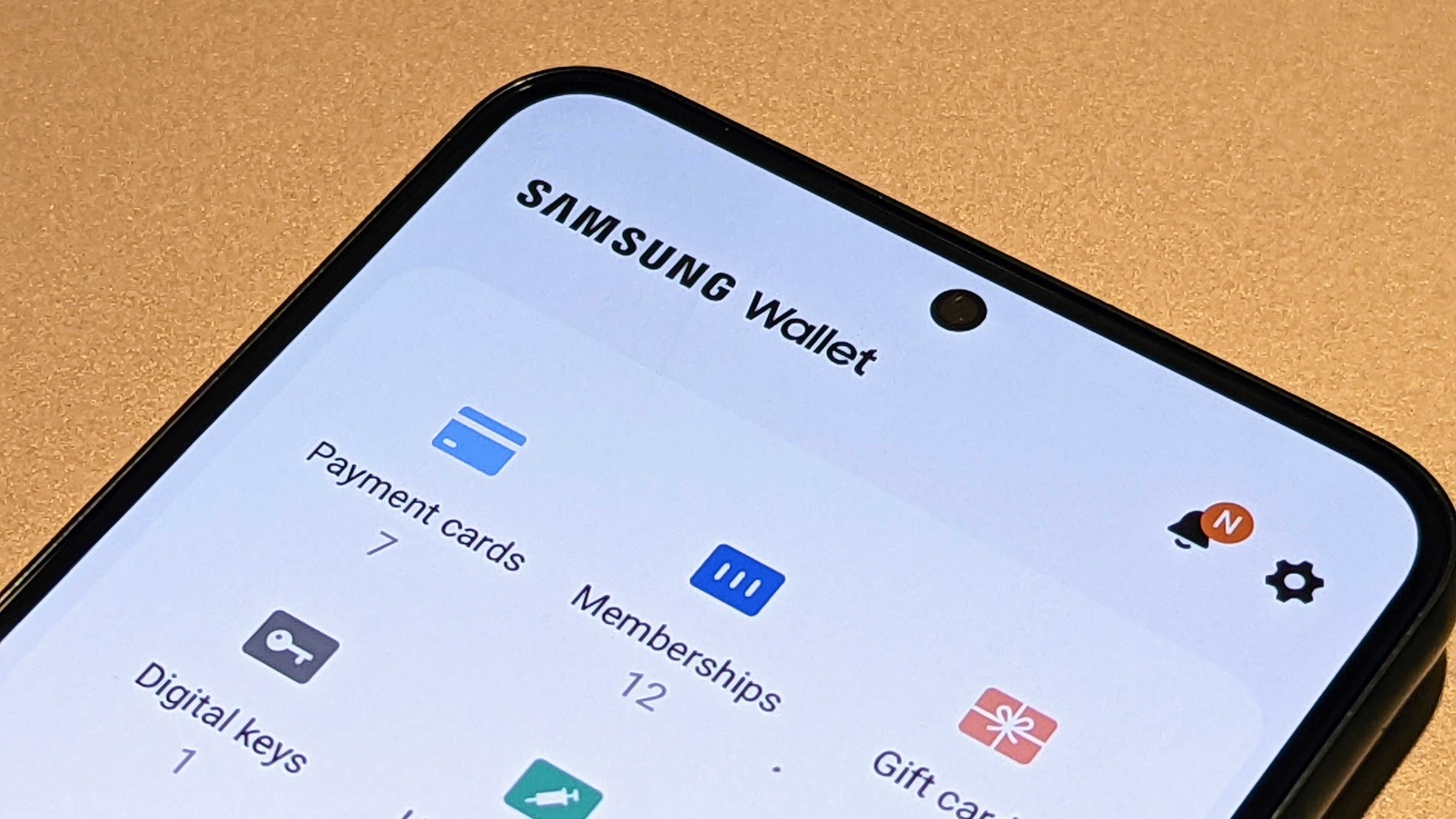This is the one Samsung device you probably shouldn't expect at Galaxy Unpacked
Good products take time, and this one just isn't ready yet.
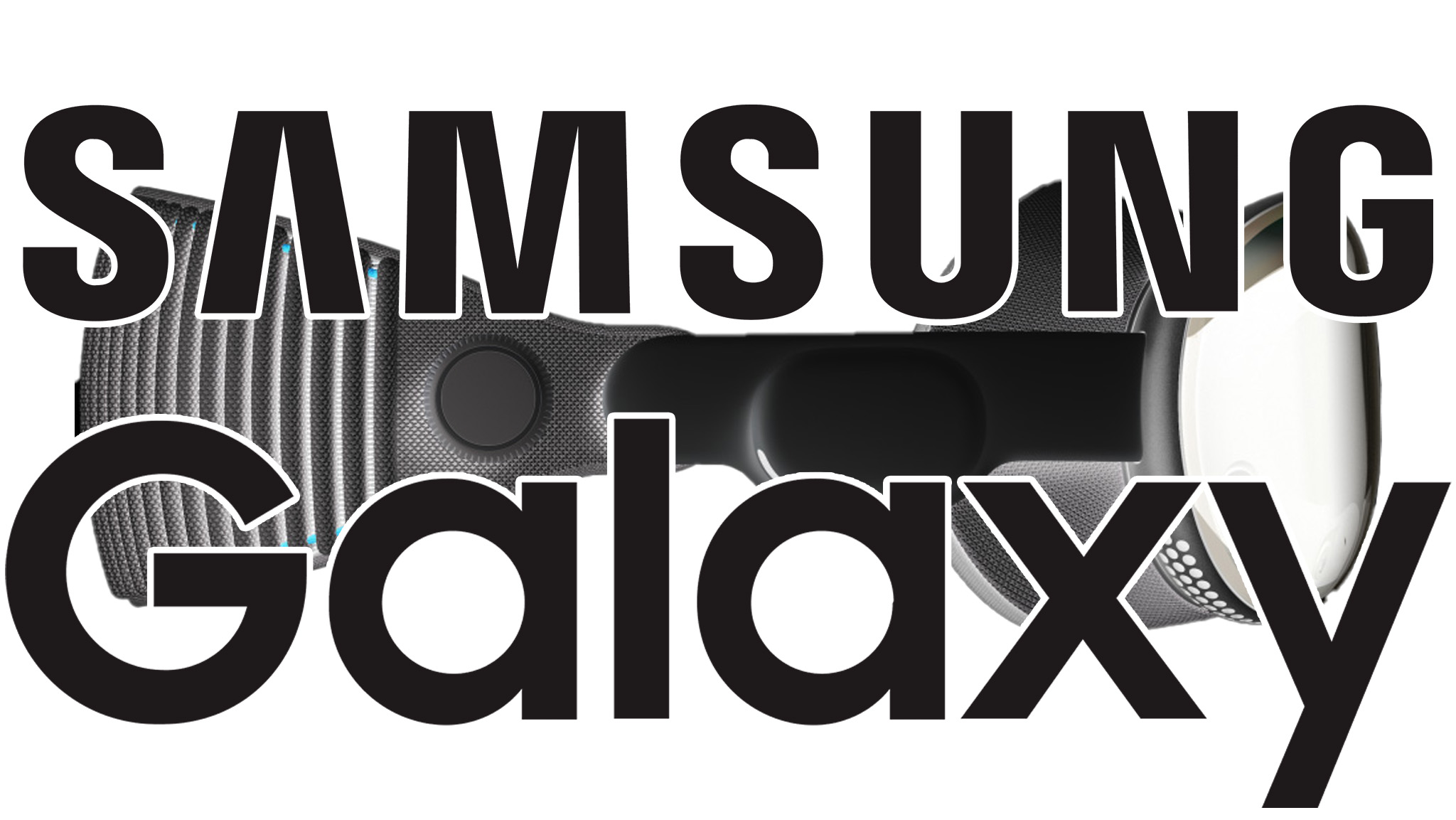
When Apple Vision Pro was announced last Summer, it purportedly sent Google and Samsung scrambling to come up with a competitor. Apple had been working on this tech for years yet, despite Google's years of experience in AR and VR tech, it seemed like the company was caught unawares and without a solution of their own.
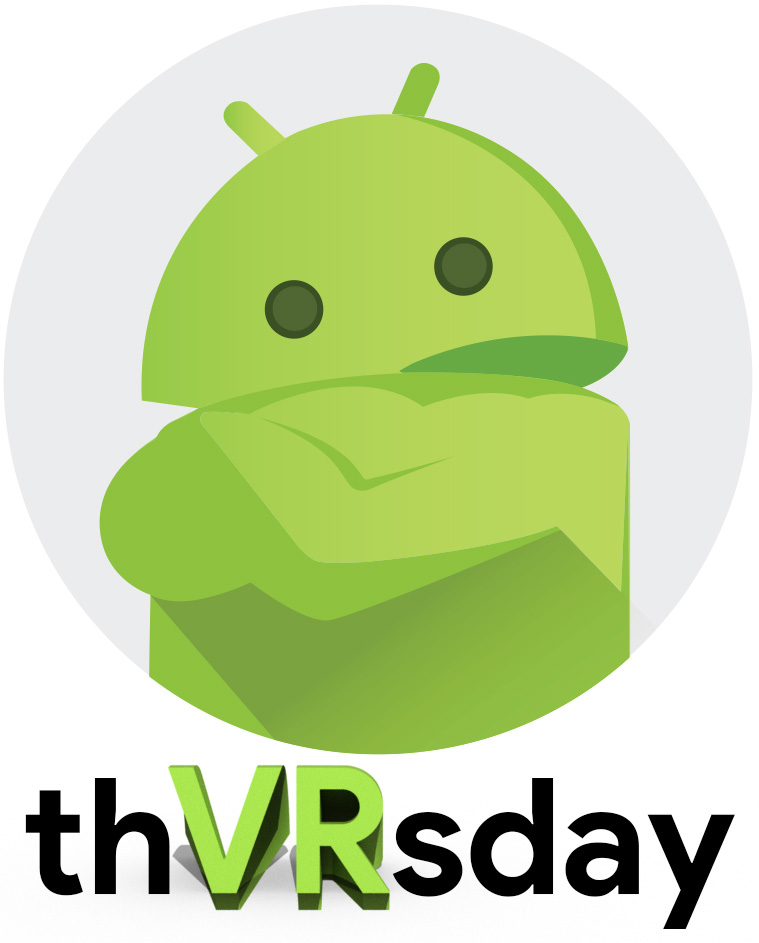
In his weekly column, Android Central Senior Content Producer Nick Sutrich delves into all things VR, from new hardware to new games, upcoming technologies, and so much more.
Fast forward to a solid year later, and neither Samsung nor Google have anything to show. We're on the even of the big annual Summer Samsung Unpacked event, where we expect to see the Galaxy Ring, Galaxy Watch Ultra, and the latest foldables from the company. But the one big thing we won't see is the Samsung XR Headset—currently a nameless product but has been called Samsung Glasses in at least one patent.
Part of the reason is that Samsung allegedly went back to the drawing board after Apple Vision Pro was announced. The company was apparently planning something a bit different for its debut XR headset and wanted to be more in line with what Apple is now doing.
But the waters are dicey in the XR market right now and it's likely neither Samsung nor Google knows exactly how to push forward. Samsung Glasses are still happening, but a few setbacks have delayed its official debut.
Samsung Glasses and Android XR
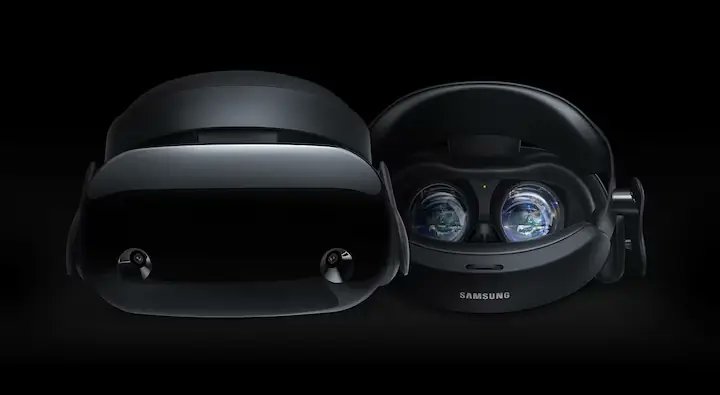
Paramount to the launch of Samsung Glasses—as I'll refer to them until we get an official name—is Android XR. While this version of Android also doesn't have an official name just yet, we know it's a custom version of Android that Google is building specifically for AR and VR products. In other words, it's the XR equivalent of Wear OS on the best smartwatches.
It likely won't be all that different from Meta Horizon OS, in essence, as the operating system that powers the Meta Quest 3 is also built on Android. The difference is that this will be an official fork of Android, while Meta Horizon OS bears more similarities to Amazon Fire OS, another fork of Android that also stripped out all Google services.
This last point is exactly what will separate Android XR from the rest of the pack, but it's also what complicates things a bit further. Development kits have already been sent out to a select group of folks and I've heard through the grapevine that things aren't going as expected.
Be an expert in 5 minutes
Get the latest news from Android Central, your trusted companion in the world of Android
In a nutshell, developers are dealing with early development kits that are proving harder to work with than everyone hoped. General stability issues and bugs always mark the early days of software development— especially on new platforms—but some thought progress on these items would be further along than they are.
Samsung can't make a headset without Google's Android XR software, but early development kits are reportedly unstable and buggy.
All of this seems a bit strange given how cutting-edge the Google Daydream VR platform felt back in the day, but since Google abandoned that project, it's likely they had to rebuild many things from scratch—especially given how much Android has changed at a deep level since that project was around.
I previously wrote about how Google lost its credibility in the XR space when it dumped everything in the early 2020s, and it seems the company is trying to win folks back as much as possible by offering funding to get apps and games ported to the new Android XR platform.
That much isn't a surprise. All platforms do this to some degree, and it's an important way to help bolster an ecosystem early on. However, developers have not only been burned by Google in the past—leaving many to wonder if any efforts towards Google's platform even make sense — but it was also recently burned by Pico and its quick abandonment as a Meta Quest competitor.
Google is trying to bolster its ecosystem by funding ports of apps and games, but it might not be enough to win back the trust the company lost in the early 2020s.
Android XR not only needs to be stable and work well when it makes its eventual debut, but it also needs to challenge Apple and Meta in a way that will make consumers want to choose its platform over the other two.
That brings us back to what's happening with Samsung Glasses. Recently, it's been said that Apple has halted Vision Pro 2 development in order to focus on a less expensive headset. Samsung Glasses were already rumored to be one-third the price of the Vision Pro, meaning it'll debut for around $1,000 if the company stays on track.
If that's true, then it likely puts Samsung in a similar price bracket to a cheaper Apple Vision Pro. That's a good thing for everyone because it puts all headsets—Meta, Samsung, and Apple's—on a relatively level playing field. All of them would be utilizing similar resolution displays and will be powered by mobile chipsets—the current $3,500 Vision Pro uses a MacBook chip.
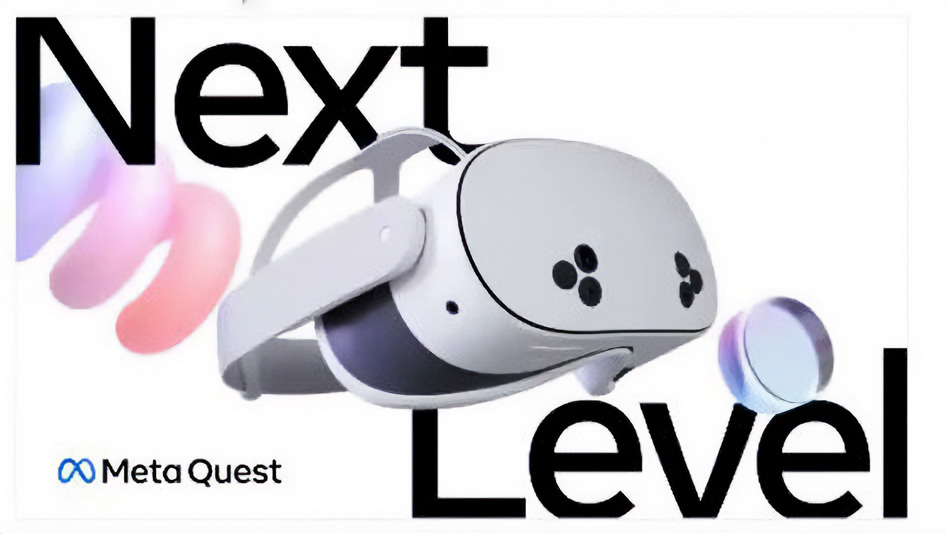
That would simplify things for developers looking to make the biggest return on their investment, likely giving many the ability to release apps and games on all platforms at the same time. The biggest hangup right now for multiplatform development is the lack of proper motion controller support on Apple Vision Pro, something Meta already does incredibly well, and Samsung is reported to follow.
But with so much up in the air, it's clear that Samsung just isn't ready to show off the goods until sometime later this year, at the earliest. Meta is rumored to launch a competition-crushing Meta Quest 3s at $299 this fall, which may further muddy the waters for companies like Samsung and Google, making it difficult to find a way forward unless either company is willing to sell hardware at a loss for the sake of ecosystem growth.

You must confirm your public display name before commenting
Please logout and then login again, you will then be prompted to enter your display name.
